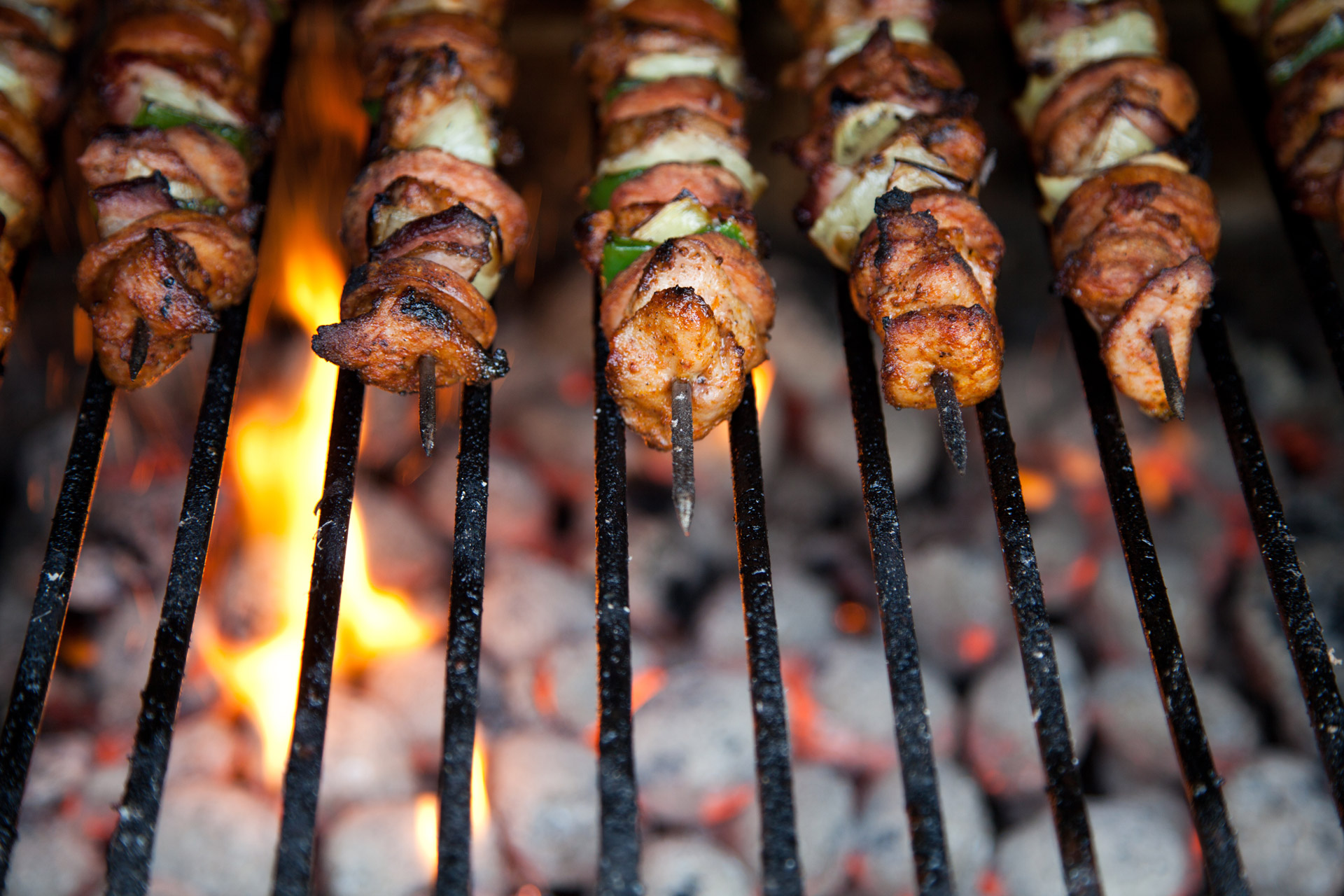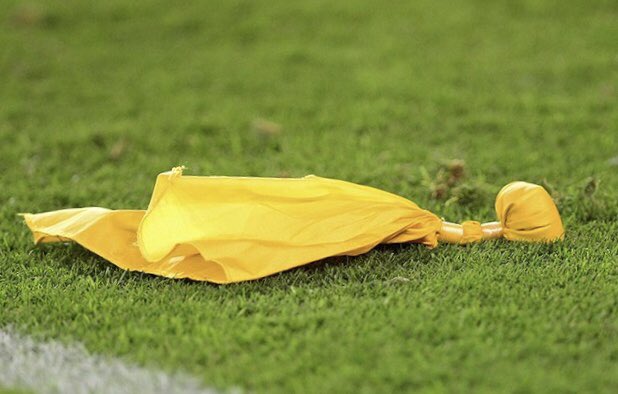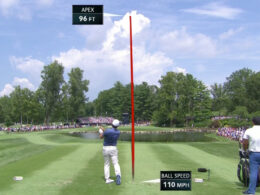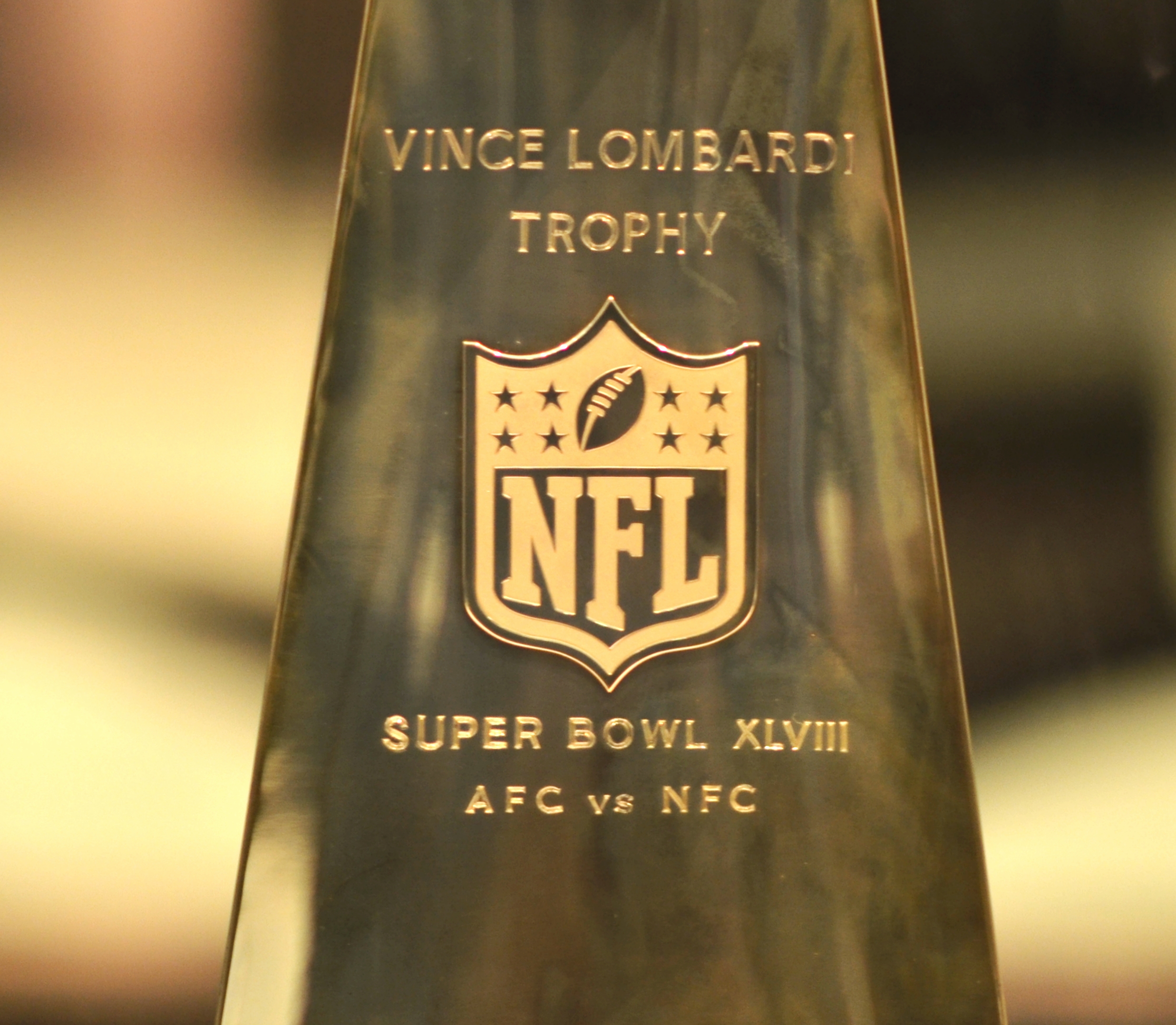The NFL rulebook goes through alterations each offseason, and one of the most discussed and argued calls in the game is roughing the passer. The rules have become much more strict for defensive players for a few different reasons. Even in a collision sport, the league wants the NFL to be played as safely as possible, and another reason is, well, we reached a consensus as fans that we like touchdowns.
We want high point totals, we want our fantasy teams to rack up points, and injured quarterbacks would lead to lower point totals across the league. The NFL also wants to showcase its stars, and fans are more interested in seeing Tom Brady throw the football than they are Brian Hoyer. (Sorry, Brian.) Therefore, the league protects quarterbacks as much as they can, and they’ve changed roughing the passer rules a few times to ensure the NFL’s most important position is being protected.
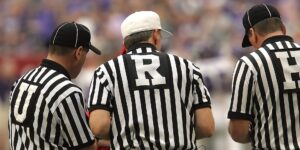
The roughing the passer penalty has been in play since the 1938 season, but the rule has been changed drastically since it was first implemented. The league has not only become more strict on late hits and hits to the head or neck area, but it discourages lower body hits to the quarterback as well. The target area where you can hit the QB is only getting smaller.
The lower body rule came into effect due to an injury to Tom Brady when he played for the New England Patriots in 2008. He suffered a season-ending knee injury in the first game of the year, and for the next season, a rule was put into place that “prohibits a defender on the ground who hasn’t been blocked or fouled directly into the quarterback from lunging or diving at the quarterback’s lower legs.”
More recently, there have been more roughing the passer penalties called for defenders unnecessarily or violently throwing the quarterback down or landing on top of him with all or most of the defender’s weight.
The continued alterations to the roughing the passer rule makes pass rushers’ jobs a whole lot more difficult, as a 15-yard penalty can be incredibly costly to a defense. Additionally, the rule is getting more difficult to officiate with the many ways a roughing the passer penalty can be called.
But don’t expect the pendulum to swing back in favor of the defense because quarterback is such a valuable position in the sport, and the NFL wants the best ones on the field every Sunday.
Picture Credit: Pixabay, Twitter




